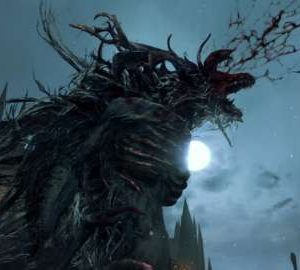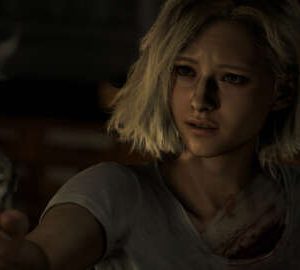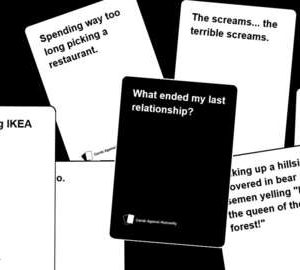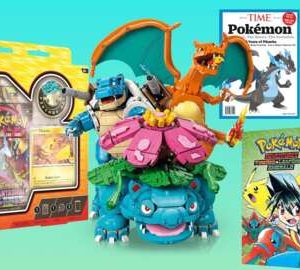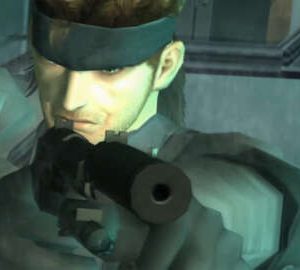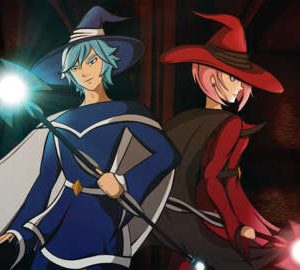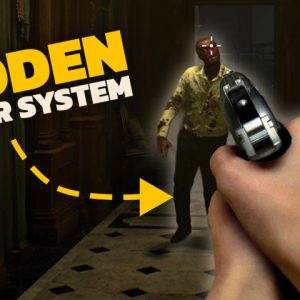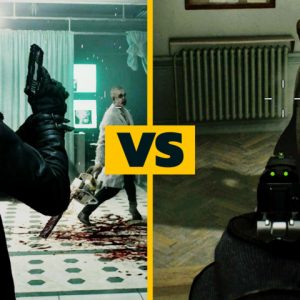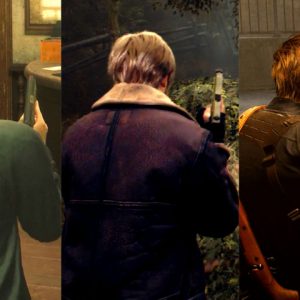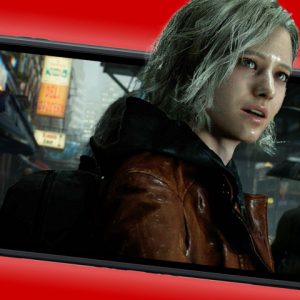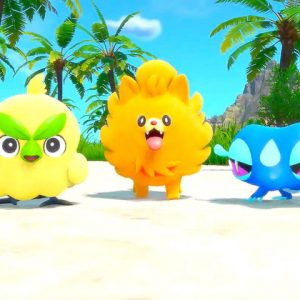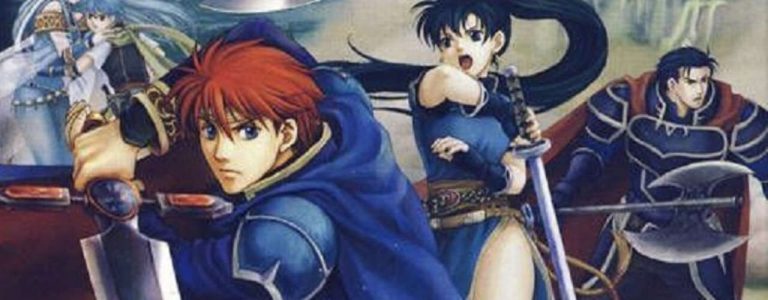There was a moment I had while playing Dr. Kawashima’s Brain Training for Nintendo Switch, which is currently only available in Australia and Europe. I had just finished my daily set of three exams to calculate my “Brain Age,” the metric used to assess how strong and flexible your mind is. The lower the score the better, and 20 is the absolute best you can get. Anyway, the disembodied head of Dr. Kawashima popped up on the screen to deliver my result–it was 27! Wow! What a great score. I had some issues with one of the tests, but I had set a couple of new records on the others, so I was feeling pretty happy with myself. But that emotion didn’t last very long.
“Oh dear!” the head lamented, “I miscalculated your Brain Age”. He threw up a new number: 59. “Your Brain Age is a little underwhelming.” I could’ve snapped the Joy-Cons off my Switch then and there.
Dr. Kawashima, or at least this polygonal version of him, is an insensitive jerk. He pulls dumb stuff like that, he’s visibly disappointed when he’s telling me that I can do better, and the only time he’s encouraging or visibly pleased (at which point he’s freaking ecstatic) is when I make a really significant improvement on something. Improving incrementally? Maintaining a superb result day after day? Nothing. Maybe just a “good for you” if I’m lucky. I have Asian parents, so I’m used to this level of support. But when it’s coming from a video game, from a cartridge I can easily rip out and never look at again, this low level of encouragement and high level of trolling really discourages me from wanting to keep going with it. Especially when I’m mostly doing math anyway.

I’m disappointed because I know Nintendo knows how to motivate me to keep coming back. Their video games are often very morish. I’ve been playing Ring Fit Adventure pretty consistently over the past few months, and a big part of the reason I’ve (surprisingly) kept coming back to it is because of the consistent positive reinforcement and the feeling that you’re only ever making progress, not losing it. Ring Fit Adventure only ever has helpful advice and encouragement for me, and every session I have is positive. There’s never any judgment if I’m having an off day, and I always feel welcomed back. Brain Training shows me my dips on a graph and makes me sad.
Am I just upset because I’m starting to realise that I’m actually stupid? Eh, maybe a little. But believe me, I would happily just own it and keep on working at if it wasn’t for the other frustrating issue: the occasional, but hugely detrimental, issues with handwriting detection.
The first Dr. Kawashima’s Brain Training came out for the Nintendo DS, and it made a huge deal about how you held the dual-screen console sideways like a book and wrote your answers with the console’s included stylus. It had a pretty great version of Sudoku, and I played a lot of Sudoku on that thing (Sudoku was really big back then). My Brain Age was also much better than it is now. Now that Brain Training is on the Switch, it comes with its own stylus and requires you to hold your Switch sideways as well. It’s still very novel, but because of the reliance on this kind of handwritten input in a number of minigames, you’re likely to run into a lot of issues depending on how you write certain letters and numbers.

The DS version of Brain Training had these issues too, but for some reason it feels far more egregious on the Switch. Maybe it’s the new fat Switch stylus versus the more precise and pointy DS one. Maybe it’s some change in how the software translates strokes, or the ways certain activities are designed. Maybe it’s all exactly the same and just a factor of my growing impatience as I get older and grumpier. I’m pretty sure I don’t have terrible handwriting–my letters are usually bold and clear, maybe even a little cartoony, and the game can detect what I’m writing 98% of the time. But if I find myself getting caught in that 2% trying to get it to recognise a “5” or a “Y,” I’ll be screaming, because my results, progress, and my self-esteem are on the line.
Here’s an example: There’s an exam in Dr. Kawashima’s Brain Training for Switch where you get two minutes to memorise the placement of 25 numbers on a 5×5 grid, and then two minutes to recall them. The catch is, you only get one guess for each square, so if you guess wrong, you lose that opportunity for a point. The last time I took this test, the game had real trouble interpreting how I wrote the numbers “5” and “9,” so as soon as I would finish writing something like “25,” I could see that the game interpreted it as 18 for whatever weird reason, and I wouldn’t have a chance to hit the erase button in the split second before it buzzed and basically told me, “No, that’s wrong. The number that’s supposed to go here is 25.”
There’s a similar, slightly more gracious exam with the same kind of memory test, but you’re trying to remember and write down all the four-letter words the game showed on a previous screen. You don’t get locked out at all here, but when the game keeps misinterpreting the letter you’re trying to write for another one? Well, your mind gets preoccupied with constantly erasing and rewriting the letter in the hopes that it will catch, and your focus is pulled away from all those words you were trying to juggle in your head. It can be infuriating.

The daily exercises that game has you do to prepare for these exams are mostly free from these issues. I can multitask and make an avatar jump hurdles while picking out the highest number in a lineup, no problem. I can mimic hand shapes and do finger calculations (which are tracked with the right Joy-Con’s IR sensor, a pretty neat feature) faster than you can blink. I can sight-read music and play it on the touchscreen piano perfectly (because I’ve had years of training, but nevermind that). And when I perform all these tasks, I get that satisfying brain-squeezing sensation that makes me feel like I’m working my mind and getting smarter probably.
But when it comes to calculating your Brain Age, the game throws a whole different set of activities at you, most of which are specific to the examination mode and largely involve writing letters and numbers. That’s when things get disastrous and Kawashima thinks I have rocks in my head. That’s when he starts trolling me and telling me how disappointed he is. Brain Training’s handwriting detection is not perfect. And it needs to be perfect if I want to feel like my mistakes are on me.
I have fond memories of the original Brain Training for Nintendo DS, and after how taken I was with Ring Fit Adventure, I was eager to hop back on Nintendo’s weird lifestyle software train and ride it anywhere it would go. But Brain Training for Switch is pushing me away. Hopefully, now that we’re in the age of software updates and user telemetry, the writing detection is something that Nintendo can improve over time. And maybe Tipp and whatever the sentient Ring from Ring Fit Adventure is called can give Dr. Kawashima a few pointers on how to talk to players, too.
Sudoku is still pretty good though.






